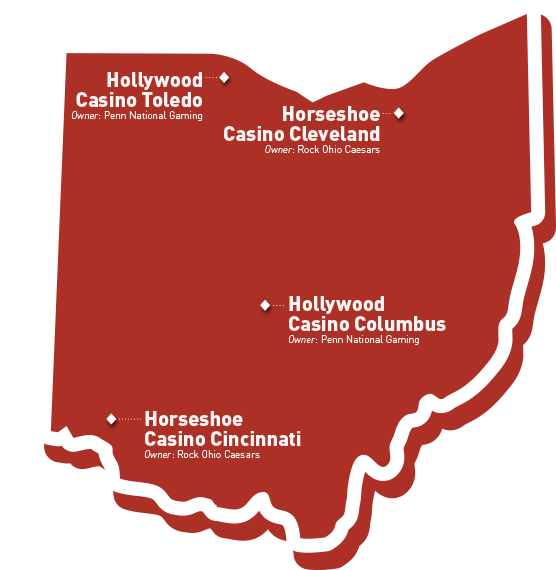Ohio Casino Gaming Employee License

The Self-Exclusion Division will add your name to the self-exclusion list and distribute a photograph and description of you to each casino. The casino will then remove you from any mailing lists and make notations in their computer files that you are ineligible for any kind of credit or complimentary service. You will be excluded from the entire premises of all Mississippi casinos, including gaming premises, restaurants, and hotels, and from the issuance of gaming credit, check-cashing privileges, and receipt of direct-marketing and promotional materials regarding gaming opportunities, and collection of any winnings or recovery of any losses during the exclusionary period.
No further points, rewards or benefits may be accumulated or redeemed from the player recognition programs you have participated in. Self-exclusion request does not release you from any debts incurred prior to or during the self-exclusion period. During the self-exclusion period, any money or thing of value obtained by you from, or owed to you by, a casino as a result of wagers made by you while on the self-exclusion list shall be subject to forfeiture to the MGC. Within a few weeks you will receive a letter notifying you of your placement on the list. You may receive similar letters from the casinos.


Section 1325 Approval, denial and renewal of employee licenses and registrations

- The Ohio Casino Control Commission has the responsibility to ensure the integrity of casino gaming, skill-based amusement machines and fantasy contests by licensing, regulating, investigating and enforcing state laws.
- (15) Establishing standards for provisional key employee licenses for a person who is required to be licensed as a key employee and is in exigent circumstances and standards for provisional licenses for casino gaming employees who submit complete applications and are compliant under an instant background check.

Ohio Casino Gaming Employee License Search
2. After such investigation, the commission may either deny the application or grant a license to an applicant whom it determines to be qualified to hold such license.
3. The commission shall have the authority to deny any application pursuant to the provisions of this article following notice and opportunity for hearing.
4. When the commission grants an application, the commission may limit or place such restrictions thereupon as it may deem necessary in the public interest.
5. After an application for a casino key employee license is submitted, final action of the commission shall be taken within ninety days after completion of all hearings and investigations and the receipt of all information required by the commission.
6. Licenses and registrations of casino key employees and gaming employees issued pursuant to this article shall remain valid for five years unless suspended, revoked or voided pursuant to law. Such licenses and registrations may be renewed by the holder thereof upon application, on a form prescribed by the commission, and payment of the applicable fee. Notwithstanding the forgoing, if a gaming employee registrant has not been employed in any position within a gaming facility for a period of three years, the registration of that gaming employee shall lapse.
8. The commission shall establish by regulation appropriate fees to be paid upon the filing of the required applications. Such fees shall be deposited into the commercial gaming revenue fund.
Ohio Casino Gaming Employee License Lookup
(3) The application and renewal application fees for a casino gaming employee license may be increased to the extent that the cost of the background investigation relating to an applicant exceeds the application fee set forth in paragraph (A)(1) or (A)(2) of this rule. Gaming License Applicant – Means any employee employed in the operation of a facility whose duties primarily involve maintenance or operation of gaming activity or equipment or who comes in contact with gaming related cash, token, credit vouchers, vouchers, or other financial instruments or who performs security and surveillance activities, but who are not key gaming employees.